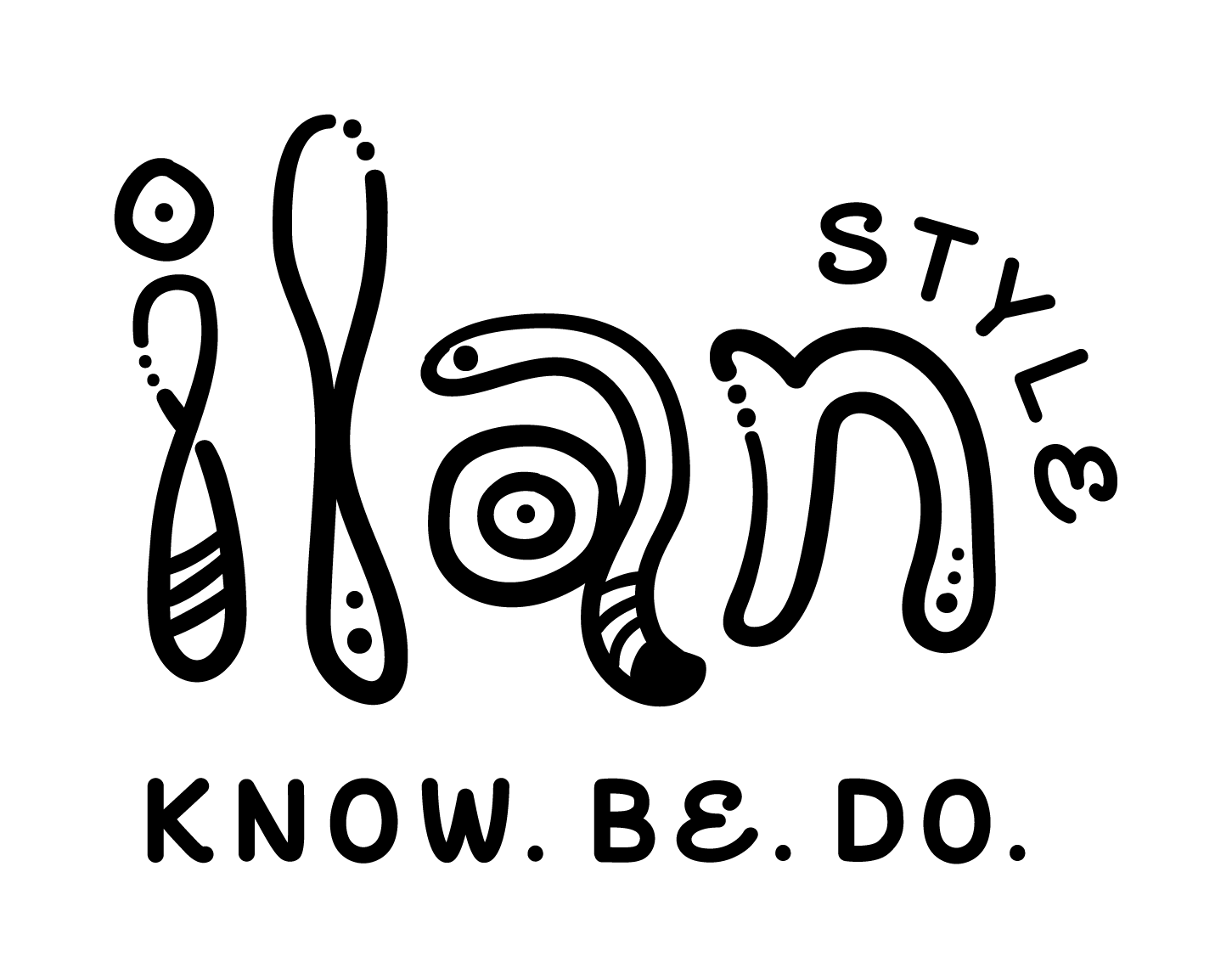Explore the significance of NAIDOC Week and the importance of celebrating First Peoples’ culture and achievements.
Understanding the History of NAIDOC Week
NAIDOC Week, which stands for National Aboriginal and Islanders Day Observance Committee, is an annual celebration of the history, culture, and achievements of Aboriginal and Torres Strait Islander peoples in Australia.
The origins of NAIDOC Week can be traced back to the 1920s when Aboriginal and Torres Strait Islander rights activists protested against the treatment and discrimination faced by First Peoples communities. It was officially established in 1975 and has since grown into a nationwide event.
The week-long celebration takes place in the first full week of July and includes various activities and events organised by First Peoples communities, government agencies, and non-First Peoples organisations.
Understanding the history of NAIDOC Week helps us appreciate the struggles and resilience of Aboriginal and Torres Strait Islander peoples and the ongoing fights for recognition, justice, and equality.
Exploring this year's theme: 'Keep the Fire Burning: Blak, Loud, and Proud'
The theme for this year's NAIDOC Week is 'Keep the Fire Burning: Blak, Loud, and Proud'. This theme emphasises the importance of maintaining and celebrating First Peoples culture, identity, and heritage.

The 'fire' symbolises the strength, resilience, and passion of Aboriginal and Torres Strait Islander peoples. It represents the continuous connection to Country, Culture, and Community.
Being 'Blak' refers to embracing and affirming one's First Peoples identity and heritage. It is a term used by many Aboriginal and Torres Strait Islander peoples to reclaim their cultural pride and stand against racism and discrimination.
Being 'Loud' means speaking up and raising awareness about the issues faced by First Peoples communities, such as land rights, social justice, and the preservation of Aboriginal and Torres Strait Islander languages and traditions.
Being 'Proud' acknowledges and celebrates the achievements and contributions of Aboriginal and Torres Strait Islander peoples in various fields, including art, music, sports, education, and politics.
Exploring this year's theme encourages us to support and amplify First Peoples voices, celebrate their achievements, and work towards a more inclusive and equitable society.
Highlighting First Peoples Cultural Events and Activities
During NAIDOC Week, numerous cultural events and activities take place across Australia to showcase the richness and diversity of Aboriginal and Torres Strait Islander cultures.
These events may include traditional dance performances, art exhibitions, storytelling sessions, music concerts, film screenings, workshops on bush tucker and traditional crafts, and community gatherings.

Smoking ceremony. Source: Canva
At Ilan Style we will be hosting a stall at the Koorie Heritage Trust NAIDOC Market in the City in Federation Square, 12-13 July. Come say hi https://kht.org.au/whats-on/events/naidoc-2024first-peoples-naidoc-market/
You can find more events at https://www.naidoc.org.au/local-events/local-naidoc-week-events
Supporting First Peoples Communities and Initiatives
NAIDOC Week is not only about celebration and awareness but also about supporting First Peoples communities and initiatives.
There are various ways to show support, such as shopping at Aboriginal and Torres Strait Islander-owned businesses, participating in fundraising events for First Peoples organisations, and volunteering for community projects.
Support can also be extended by advocating for First Peoples rights, promoting reconciliation, and educating oneself and others about the history and culture of Aboriginal and Torres Strait Islander peoples.
By supporting First Peoples communities and initiatives, we contribute to the empowerment, self-determination, and overall well-being of Aboriginal and Torres Strait Islander peoples.




